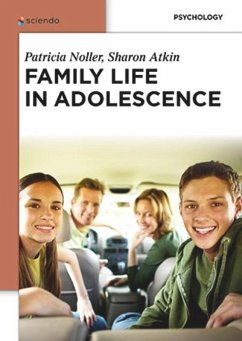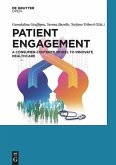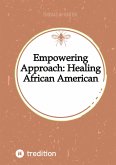Many parents fear the time when their beautiful happy children will become unmanageable adolescents continually engaging in risky or destructive behaviour. Unfortunately, this view of adolescents is the focus of the media, even though it relates to just a small proportion of young people.
As the large amount of research we report shows, most adolescents are responsible young people who care about their families and crave the support of their parents. It is also true, however, as much research indicates, that the quality of the relationship parents have with their adolescents is crucial to the wellbeing of those young people. We discuss the need for parents to set reasonable limits on their adolescents and to expect appropriate behavior. We also show, on the basis of research, that children who have experienced positive, caring relationships with their parents are more likely than other adolescents to behave responsibly. In other words, behavior in adolescence does not 'come out of nowhere' but builds on earlier experiences in the family.
Because of the large amount of research reported in this volume, we expect that it will be useful to practitioners from a range of professions that are likely to focus on adolescents: social workers, youth leaders, welfare workers, religious leaders, psychologists and psychiatrists and contribute to a better understanding of young people and their development, and the importance of families to that development.
As the large amount of research we report shows, most adolescents are responsible young people who care about their families and crave the support of their parents. It is also true, however, as much research indicates, that the quality of the relationship parents have with their adolescents is crucial to the wellbeing of those young people. We discuss the need for parents to set reasonable limits on their adolescents and to expect appropriate behavior. We also show, on the basis of research, that children who have experienced positive, caring relationships with their parents are more likely than other adolescents to behave responsibly. In other words, behavior in adolescence does not 'come out of nowhere' but builds on earlier experiences in the family.
Because of the large amount of research reported in this volume, we expect that it will be useful to practitioners from a range of professions that are likely to focus on adolescents: social workers, youth leaders, welfare workers, religious leaders, psychologists and psychiatrists and contribute to a better understanding of young people and their development, and the importance of families to that development.








